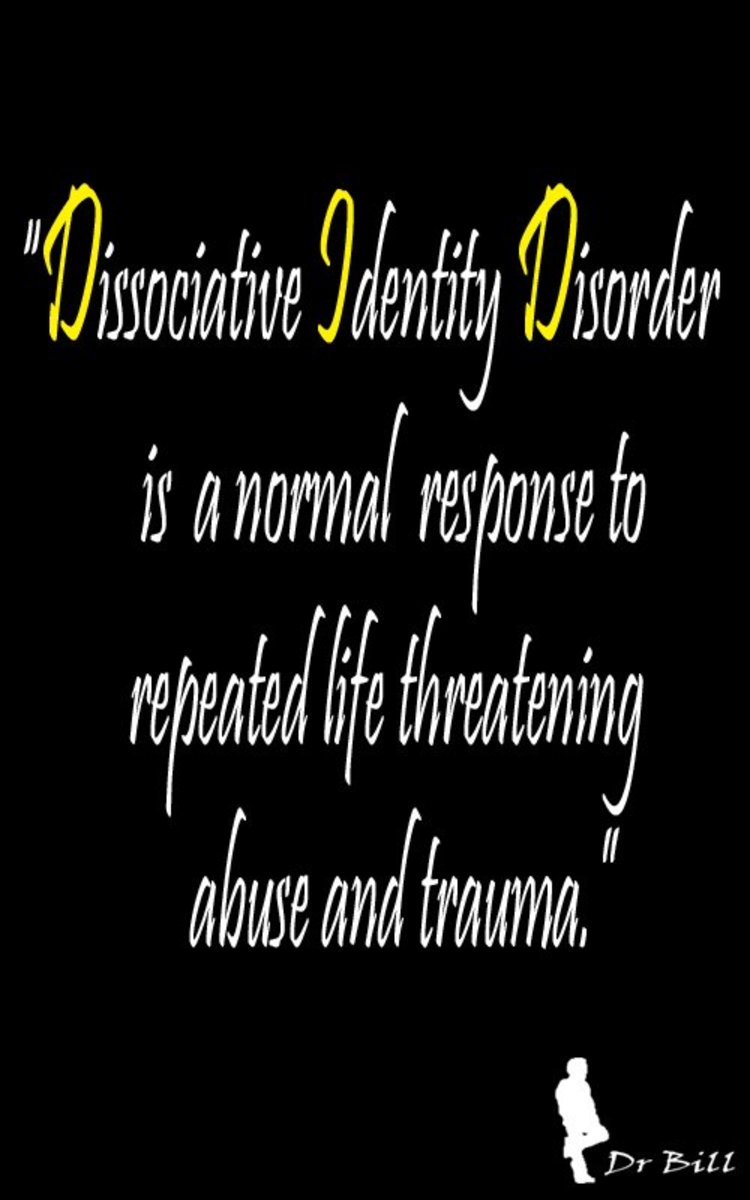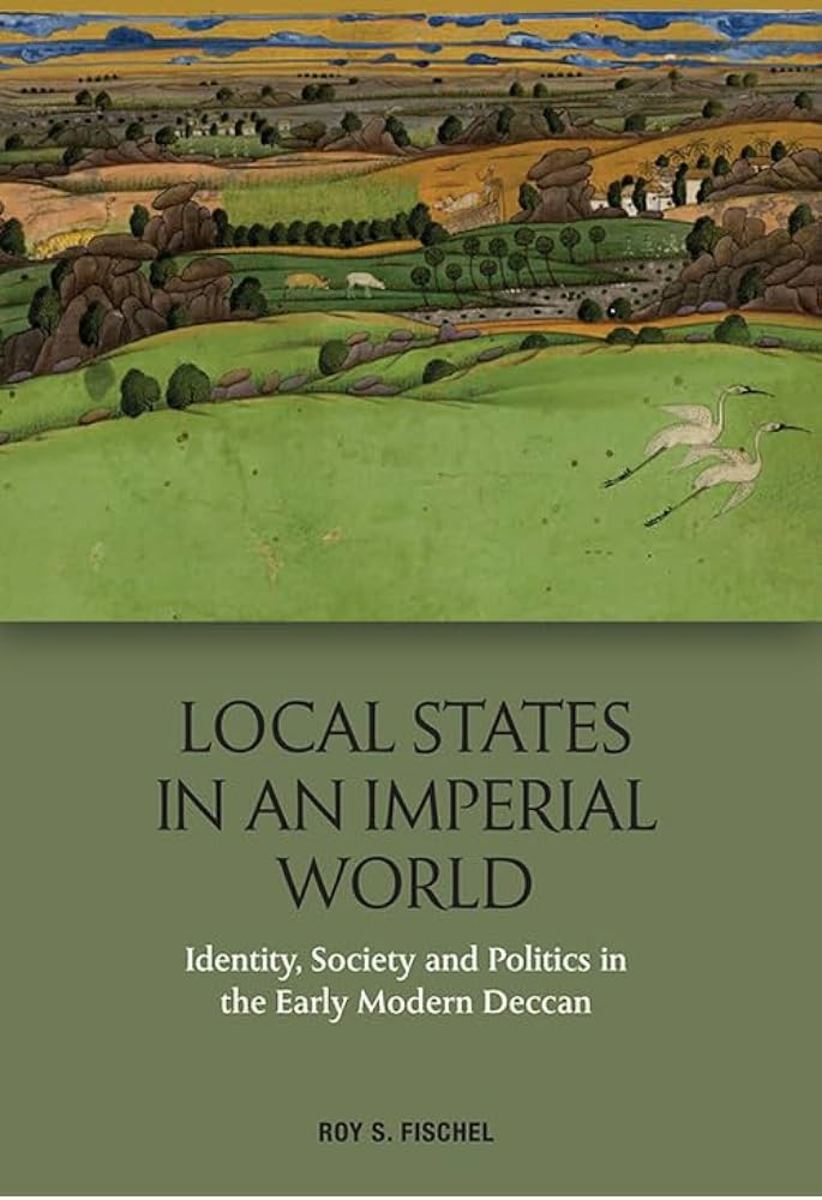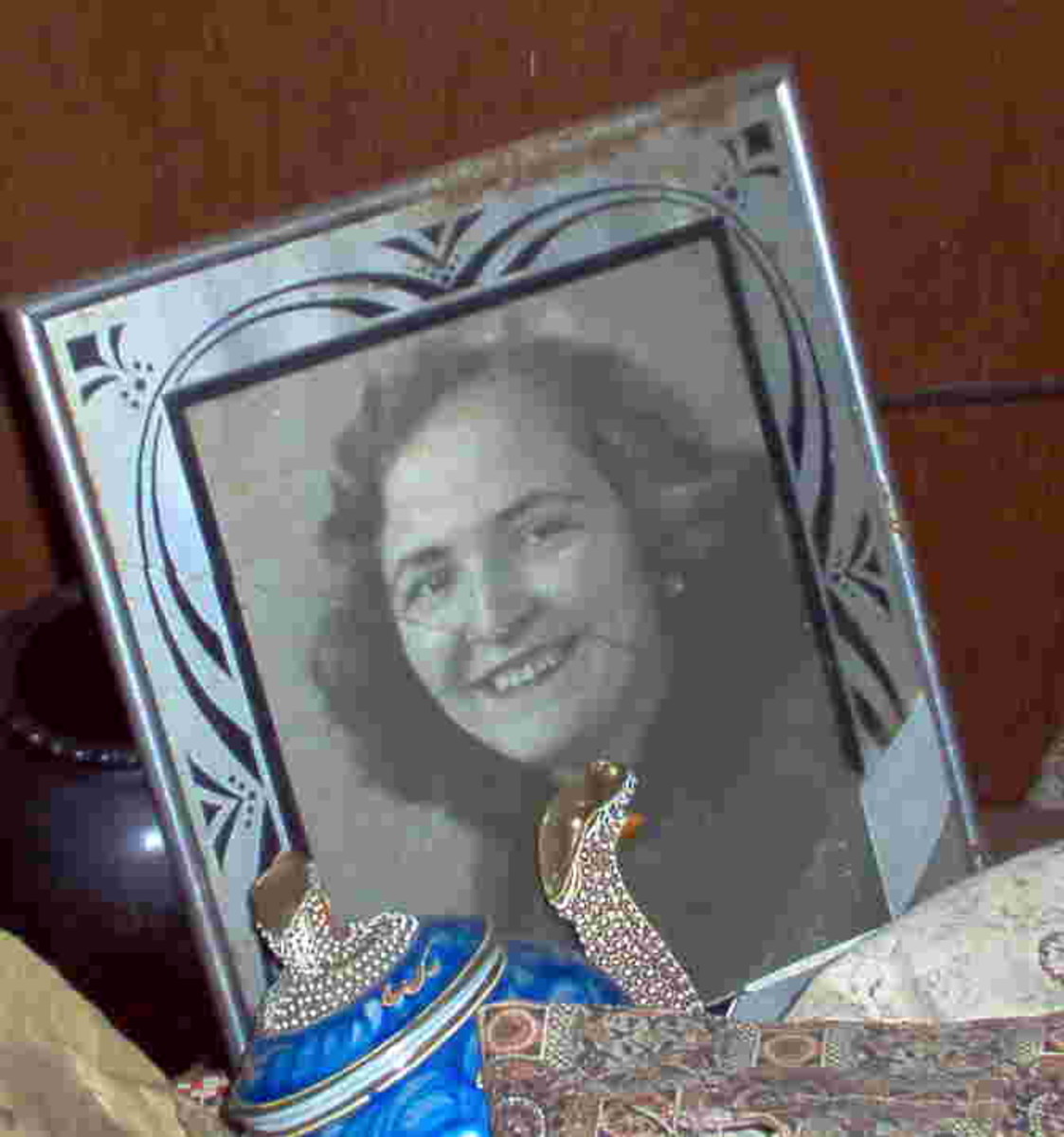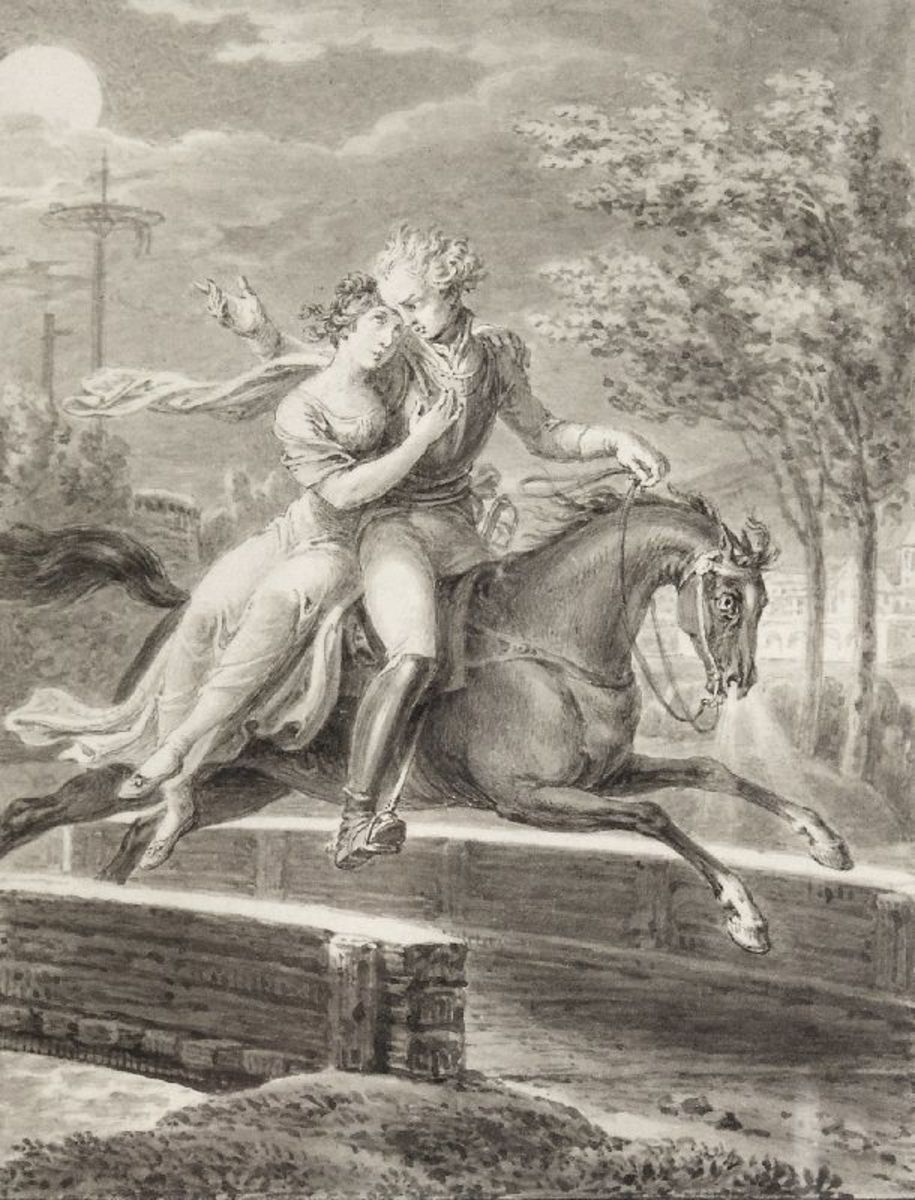Identity Discovered in Fantasy: Memoirs of a Survivor (Doris Lessing) vs. Watchmen (Alan Moore)

Identity discovered in Fantasy
The ways in which people develop are numerous; physical development, spiritual development and language development are a few examples. Arguably one of the most important forms of development is the development of identity. People need to know who they are, what they are and why they are. These are huge questions that impact people and their actions every day. Developmentally, children go through multiple identity “crises” and adults continue that pattern. There are many issues surrounding identity, such as somebody wanting to be a person that they are not, or people acting in a manner that opposes their identity or striving to change who they are to suit their desires. Identity can be influenced by biology, environment, society and many other factors. Fantasy as a genre explores the aspects of human life that we often do not understand. A huge theme in the fantasy genre is the idea of identity, because it is such a colossal theme in real life. People have the desire and the fantasy to be the best that they could be in their own eyes. Sometimes they are striving to be a good person in the face of society, but in other instances, sometimes they want to be a terrible person who will be accepted in a particular sub-culture. Texts within this genre usually have some aspect of the identity issue in them; good examples are Watchmen by Alan Moore, and The Memoirs of a Survivor by Doris Lessing. In both texts, the characters struggle with their identities and develop as the story progresses. The idea that we can create an identity is explored in Watchmen and the idea that we slowly develop our identity is explored in Memoirs of a Survivor. Since identity is so central to our lives, we strive to know our identity and these two books within the fantasy genre explore this idea and through different characters reflect the reader’s understanding of identity.
Identity through a developmental standpoint is not a concrete idea. People are constantly changing aspects of themselves and it can be argued that in changing a part, the whole is changed as well. Identity really starts to become important to people in early childhood. Whether it is the toddler realizing that they are a separate entity from their mother, or the latent child starting to learn independence, identity is a central theme. The child wants to know what role it is playing; in Memoirs of a Survivor we witness Emily struggling as a young child to understand her role within the family. She is undervalued by her mother, ignored by her father and irrelevant to her young brother. These are all factors that impact her identity. She becomes a very careful individual – clean and striving to be good at all times. This is demonstrated when Dorris described Emily “There was something old-fashioned in her image of herself. Or perhaps it was someone else’s idea of her?” (Lessing, 22). However, constantly playing a role laid out by another person (Emily strives to be what her mother expected) will harm the child. In adolescence, children begin to rebel from the identity their parents chose and imposed on them. In the case of Emily, it began with the change of her clothes, and then she became flirtatious and fooled around with the older children. Since she did not have an adult attempting to guide her or to warn her of the troubles she was headed for, Emily was free to explore the possibilities for herself. This is very different than the experience of Lauren Jupiter in Watchmen. Lauren’s identity was developed by her mother; she had little choice in the direction of her life. From her mother’s decision for Lauren to be a costumed hero to the government placing her with Dr. Manhattan, Lauren’s life and identity was laid out for her. She followed in her mother’s footsteps, taking up the role of the Silk Specter and fighting even as she knew she would prefer not to. Similarly to Emily, Lauren reaches the point of rebellion. This is evident in her insistence of the use of her full last name “Juspeczyk” rather than using “Jupiter” like her mother. She is also very willing to leave the costume hero role behind when the ban is implemented. Afterwards she says, “There was nobody to talk to, but I’d always feel like I was under observation” (Moore, 7: 10) which demonstrates how she used to have to act a certain way due to the people around her. In terms of the way they were raised, the girls were very different, but in their desire to find their identity they were similar. First they tried to please their mothers, but then openly rebelled as adolescents.
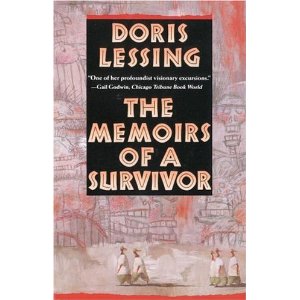
On the search for ones identity there are bound to be a few obstacles. One very large obstacle is trauma, which can cause confusion in the development of identity. This is a very large problem in Memoirs of a Survivor, when the young wild children are introduced. These are children who have had absolutely no guidance in their development. They have no concept of who they are or what their purpose is in a civilized society. “It was just an impulse do you see? He didn’t know what he was doing.” (Lessing, 173) This quote describes the children perfectly, they acted based off of impulse. With this lack of guidance, they became animalistic and lived based off of their instincts. This is a theme explored in many texts because of how important it is to humans. It is demonstrating the thin line between the animal and the civil person in every human being. The fact that it is demonstrated with young children whom would normally be considered innocent makes it so much more powerful. The children do not have an identity. They do not have families, a role in society, or a reason to exist beyond survival or even the privilege of a higher level of thought processing. It reminds the reader of what could possibly be within them below all the rules imposed by society. The Comedian from Watchmen plays the same role as he becomes a character of extreme morals. He plays the character that everyone loves to hate. Living a life of impulse and instinct, he does whatever he pleases, whether it is rape or murder. He is by no means a civilized character, but is one of the few “heroes” who is allowed to keep his role. He does not seem to have a firm identity when he is the comedian; he does not think or act on thoughts higher than impulse just like the wild children. When he is Edward Blake however, he has some sense of identity. He expresses deeper emotions of fear and regret when he visits Moloch, which gives a glimpse of the humanity still housed inside the animal he tries to be. He tells Moloch, “I thought I knew how it was, how the world was. But then I found out about this gag, this joke.” (Moore, 2:22) and he begins to cry showing not only his confusion but his loss of control, the identity he used to control his human side. This is different from the children who do not contain anything human. They were never socialized at all and so are not simply covering up their identity like the Comedian; they do not have an identity at all.
Just as trauma and instincts can create identity issues, people can become too comfortable. This too can cause a person to seek change in their lives, or in themselves. A good example of this is the idea of a mid life crisis, when people are suddenly confronted with the idea of mortality and attempt to reconstruct who they are. In Memoirs of a Survivor, Gerald finds himself in a position of authority and respect. He has created a home and structure for the children, and their lives become more comfortable. This is not enough for Gerald; he needs more as he seeks to change the wild children and loses everything in the process. Gerald’s identity is based off of what he does, namely his effect on the world and people around him. When he is helping others he is satisfied, but when they become comfortable, he needs to do more. “At once the household broke up. Gerald would not listen to reason, to the appeals of the existing inhabitants. There was something about the situation of those children that Gerald could not tolerate.” (Lessing, 175) This is the passage that demonstrates Gerald need to be helping, his inability to be satisfied with what he has. He needs to satisfy his urge to be more than he is, to be better in his own eyes. This is just like Daniel Dreiberg in Watchmen, who has a comfortable life full of money and supposedly happiness. This is not enough for the character though, as he needs a sense of adventure or something else to make him more than he is. He knows it isn’t really him and even acknowledges the fact when he says, “It was just and adolescent romantic thing.” (Moore, 7:7) however this does not stop him from returning to the fantasy. He seeks to add to himself and become more than Daniel, and he does this by becoming Nite Owl. As Nite Owl, he can feel proud of his identity; he can be who he envisions himself to be: a hero modeled after his own idol, the original Nite Owl. In both books, there is a character who is by definition “good” and who does good things for the other characters. Yet both of these characters put themselves and others at risk for the sake of creating a new “better” identity for themselves.
Identity is a big issue no matter the age of a person. There are many aspects of identity that are explored in these texts; the development of identity, the lack of identity and the search for a new or improved identity. These are all themes of regular people’s struggles with identity. Since it is a common theme in so many people’s lives, it is a common theme in books, especially within the genre of fantasy. Often the ideal identity is nothing more than a fantasy of who a person would want to be. Fantasy texts can contain characters that reflect the different aspects which combine to create an identity. In reality we are ever changing, and are a product of our instincts, as well as our desires and development. The characters separate these issues and make it so we can relate to each one on a different level in each text. In this way, both texts do the same thing for the reader regarding the discovery of identity.
Lessing, Dorris. Memoirs of a Survivor. New York: Random House Inc, 1974.
Moore, Alan. Watchmen. New York: DC Comics, 1986.
Waddell, Margot. Inside Lives Psychoanalysis and the Growth of Personality. London: Gerald Duckworth & Co, 1998.



